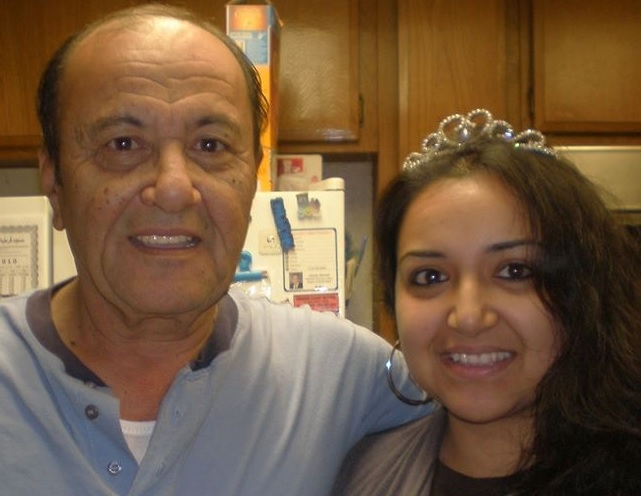This week, the growing trend of mosque pray-ins was highlighted, “The Stoning of Suraya” was reviewed, inspirational Muslim women from history were listed, and Egypt’s first veiled model and Ayaan Hirsi Ali were interviewed.
This week, The Washington Post reported on the growing trend of mosque pray-ins and the most recent pray-in which occurred in mid-May in the Washington, D.C. area mosque Dar al-Hijrah. According to the paper, the pray-in ended with a heated argument and the police escorting the women out of the men’s prayer hall. The women leading the movement to integrate prayer spaces in American mosques, including Asra Nomani, have likened their struggle to the civil rights struggle of the 1960s.
The Sydney Morning Herald reviewed American director Cyrus Nowrasteh’s film “The Stoning of Suraya” . The film, based on the 1994 book by French journalist Freidoune Sahebjam, recounts the true story of Suraya, a woman who is wrongly accused of adultery by her husband so that she will be stoned to death. Iran has instituted stoning as a punishment for adultery since 1983. Many critics have criticized Nowrasteh’s film as too violent and a one-dimensional portrayal of Iran, but Nowrasteh has also received critical acclaim for his work.
The Guardian featured a piece written by Khaled Diab listing his top ten most inspirational Muslim women. Khadijah bint Khuwaylid, the Prophet Muhammad’s first wife, and Shajaret al-Durr, Egypt’s only queen during an Islamic rule, were featured.
Al-Masry Al-Youm featured an interview with Yassmin Mohsen, Egypt’s first model to wear the head scarf. Mohsen, a recent mass communications graduate from Cairo University, started modeling about six years ago and wears a body suit in between changes when walking in a runway. She has started an organization, the Veiled Models Association, for aspiring models who wear the headscarf.
Bloomberg.com spoke with Ayan Hirsi Ali, currently on a speaking tour promoting her new book “Nomad” which describes the consequences she has faced after publically disavowing Islam. Although stating that she does not believe in God, Hirsi Ali explained in the interview that she is motivated in part by a need to “compose an alternative message and compete with the agents of radical Islam for the hearts and minds of young Muslims. Offer an alternative theology — give them a concept of God that is friendly and tolerant.”
Rabea Chaudhry is an Associate Editor with Altmuslimah.



